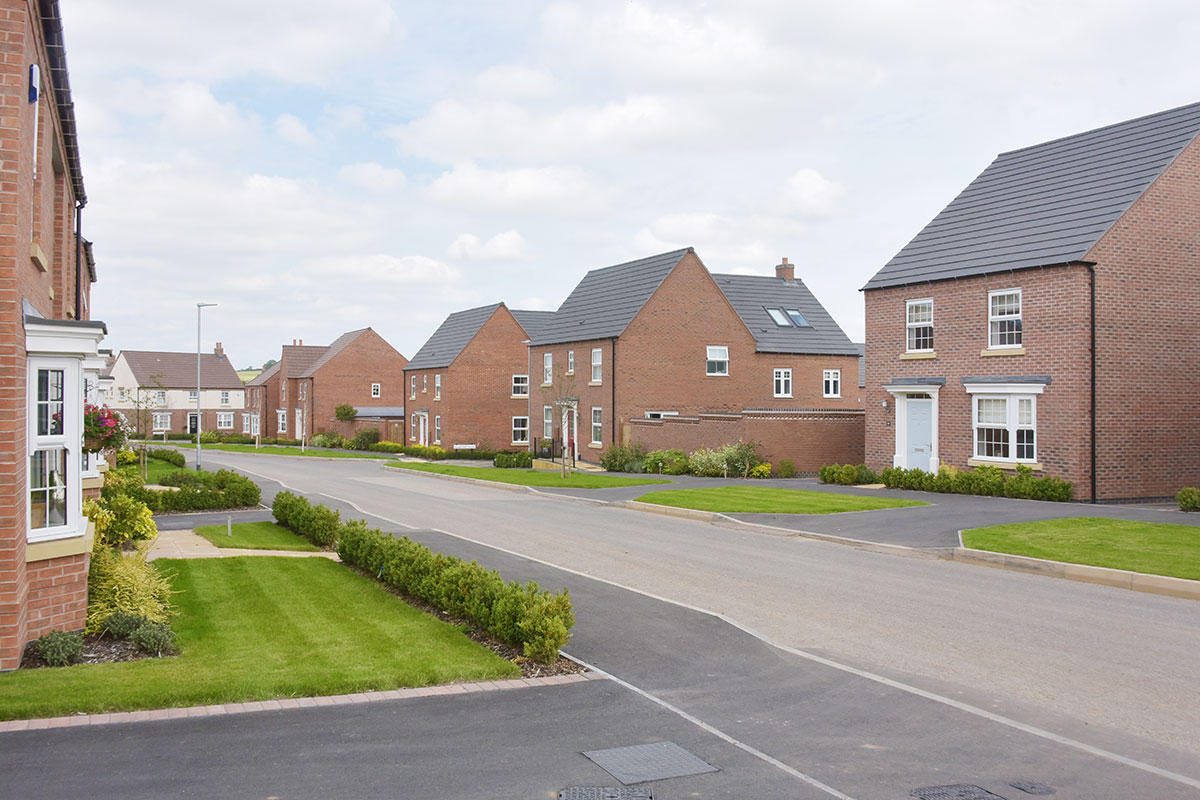
Restrictive covenants
Attached to the deeds of your new home may be certain rules about what you can and can’t do with your house and land. These are known as restrictive covenants. All residents will have agreed to them.
-
Restrictive covenants can cover anything from adding a satellite dish to your home to keeping chickens in your back garden!
- Details of any restrictive covenants relating to your new home should be explained to you by your solicitor. Check them thoroughly to avoid any problems later.
- If you think one of your neighbours may be breaking any restrictive covenants that apply to them and it is affecting you or your family, we recommend you attempt to politely broach the subject with them first.
- If you can’t reach an agreement, the covenants are there to protect the development and all homeowners, and provide protection should you need to take legal advice. We are not able to police and enforce these covenants.
Waste and recycling
Your local authority’s website will have information about collection days for rubbish and recycling, and also contact details of where to apply for new or replacement bins and recycling containers should you need them.
Dog waste bins
These are provided in accordance with the planning permission for the development, which is determined by the local authority. When the development is handed over to the local authority or the management company, it is then their responsibility to maintain these.
Grit bins
These are provided in accordance with the planning permission for the development, which is determined by the local authority. When the highways are adopted by the local authority or the management company, it is then their responsibility to maintain these.
Settling disputes
On rare occasions you may find yourself in disagreement with your neighbours. If that happens:
- It’s important to stay calm, reasonable and open to compromise.
- Always try talking to your neighbours first. Try to reach an agreement before taking the matter further.
- If there is a management company that looks after the development you may be able to contact them for advice and support.
- You can also contact your local authority, who may be able to offer advice and assistance in cases such as excessive noise or antisocial behaviour.
Roads and open spaces
The roads and public open spaces on your new development, such as green areas and play parks, are an important part of your new community and everyone has a role to play in keeping them clean and tidy, and generally caring for the local environment.
While the development is under construction:
- There may be some disruption on roads and open spaces.
- While we strive to keep waste to a minimum, it’s possible that some debris may escape from construction areas.
- We will be responsible for keeping shared areas of the development clean and tidy, and will regularly send teams to keep roads and paths clean.
- If your street lighting is not working during the construction period, please make a note of the reference numbers on the lights that are faulty and contact your New Home Customer Care team to report the problem.
- If you think an area of the development needs attention, please contact your New Home Customer Care team to raise the matter.
Once the development is complete:
- It’s the responsibility of the management company or local authority to maintain open spaces.
- The responsibility for road condition and maintenance falls to your management company or local authority.
- Street lighting will be the responsibility of either your management company or local authority.
- Playground equipment, signs such as ‘No ball games’, waste bins and grit bins will be the responsibility of either your management company or local authority.
You can find out who is your local authority using the Gov.uk website.
Who maintains our apartment communal areas internally and externally?
Once your development is handed over to your management company, they will maintain internal and external areas of your apartment block. Services will differ between schemes and you should refer to your development’s management company agreement for full details.
Parking
Some of our developments will operate a parking enforcement scheme. Please make sure that you adhere to the regulations to avoid receiving a parking ticket.
Parking restrictions
It’s quite common for new developments to have parking restrictions, such as:
- Not parking on certain roads.
- Not parking boats or caravans on your driveway.
- Not parking commercial vehicles on developments.
There can be many reasons for such restrictions, including the need to provide access by emergency service vehicles at all times, or simply to keep a development open, attractive and safe for all residents. Again, your solicitor should have advised you if any restrictions are in place.
Some of our developments will operate a parking enforcement scheme, please make sure you adhere to the regulations to avoid receiving a parking ticket.
Who is responsible for the electrical substation?
The substation is owned by your local electricity distributor, not the utility company you pay your bills to. Contact details for the distributor are normally found on the substation door.
Emergency
Our teams are on hand when you need us, especially in the event of an emergency.
Get in touch
The New Home Customer Care Team is available via email.